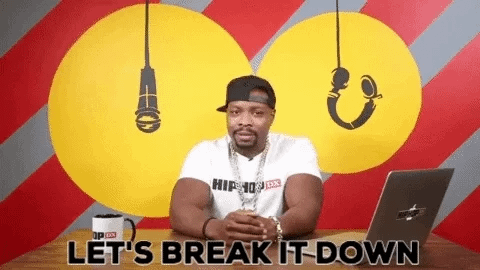Howdy Future Farmers,
I just got back from watching everything on the Limitless Expo in Dallas where Russ Gray dropped some major truth bombs about the coming wealth transfer.
Let me break down what you need to know and - more importantly - how to position yourself.
The Macro View You Won't Hear on CNBC
Here's what's wild: While the talking heads obsess over quarterly earnings, they're missing the bigger picture.
Gold has outperformed the S&P 500 by 3x since 1999.
Yet, when's the last time you heard that on mainstream media?
Why?
Because they're not paid to tell you about:
❗ Counterparty risk (who's holding your wealth?)
❗ Currency risk (what's your money actually worth?)
❗ Alternative stores of value (beyond just stocks and bonds)
🧑💻 The Technology Trap
Here's something that'll make you think: Technology should make everything cheaper.
Instead, the Fed's been using tech productivity gains to mask inflation.
Translation: They're stealing the deflation that should be making your life cheaper.
The result?
🤯 Companies can't raise wages.
🤯 Prices stay high.
🤯 Profit margins get squeezed.
🤯 Infrastructure crumbles.
🤖 The AI Wild Card
AI might be the biggest game-changer since the printing press.
While everyone's panicking about job losses, I'm seeing opportunity.
Think temporary economic relief through productivity gains.
🎯 How to Position Yourself:
Look, a wealth transfer is coming whether you like it or not.
The only question is - Which side will you be on?
✅ Action steps:
1️⃣ Study economic history (it rhymes more than you think)
2️⃣ Audit your counterparty risk (who are you trusting with your wealth?)
3️⃣ Watch policy moves like a hawk (they affect your money more than you realize)
🌾 The Bottom Line
While everyone else is doom-scrolling about the economy, you need to be positioning yourself.
The biggest wealth transfers in history happened while most people were distracted by the noise.
Want more unfiltered insights about building real wealth? Follow along - this is just the start.
Until next time (aka, tomorrow)
Jason Allan Scott
PS: Remember, good economics often makes for bad politics. Plan accordingly.



